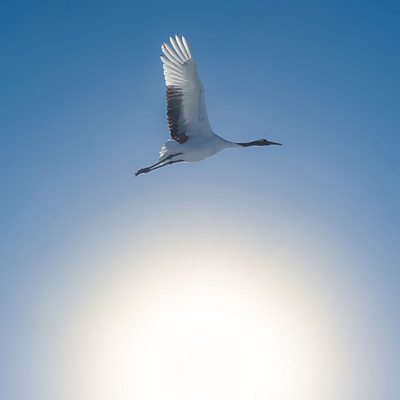Episode details

Available for over a year
Good morning. As we have been hearing, some two hours ago, we hope NASA's New Horizons probe flew by a small body, dubbed Ultima Thule, meaning 'beyond the farthest frontiers', it is a billion miles further out from Pluto and the farthest of worlds ever explored. As the frontier of outer space is pushed farther, some would say that God is pushed out. In his first spaceflight, Yuri Gagarin, according to some sources, remarked 'I see no God up here', although no such words were in the official transcripts. But this is told along with other stories which picture Galileo using his telescope to attack the church, and Giordano Bruno who was put to death in 1600 by the church for speculation about life elsewhere in the universe. Yet in reality, the historical interaction between theology and outer space has been more subtle and much more fruitful than a simple conflict. Some historians point to the positive influence of Christian theology on the very growth of science. Whatever the institutional church's reaction to Galileo, a central question is why did he point his telescope at the sky in the first place, when for many the dominant method of working out the structure of the universe was philosophy and geometry? Galileo and other scientists of his generation, took from their Christian faith, that God was free to create in whatever way God wanted. Therefore the only way to understand creation was to observe it, the real beginning of empirical science. A similar argument led to Christian theologians being at the front of speculation on life on other planets. If God is free to create not just human life, the only way you would know whether other life was there, would be to actively search for extra-terrestrial intelligence. As a Christian, this gives me a mandate for taking seriously the exploration of outer space. It is fun, and sacred to send New Horizons to the farthest frontiers. Also for us to join the exciting search for Earth like exoplanets with a new generation of telescopes and to understand the story of the universe right back to its very origins. At times, this will be puzzling and surprising, but ultimately awe-inspiring. Fifty years ago as Apollo 8 orbited the Moon on Christmas Eve, astronauts Borman, Lovell and Anders took turns reading from the book of Genesis. The sense that the world is created and good continues to inspire me to invest in science which goes beyond the farthest frontiers. And to see science, as the great astronomer Kepler described it as 'thinking God's thoughts after him'.
Programme Website